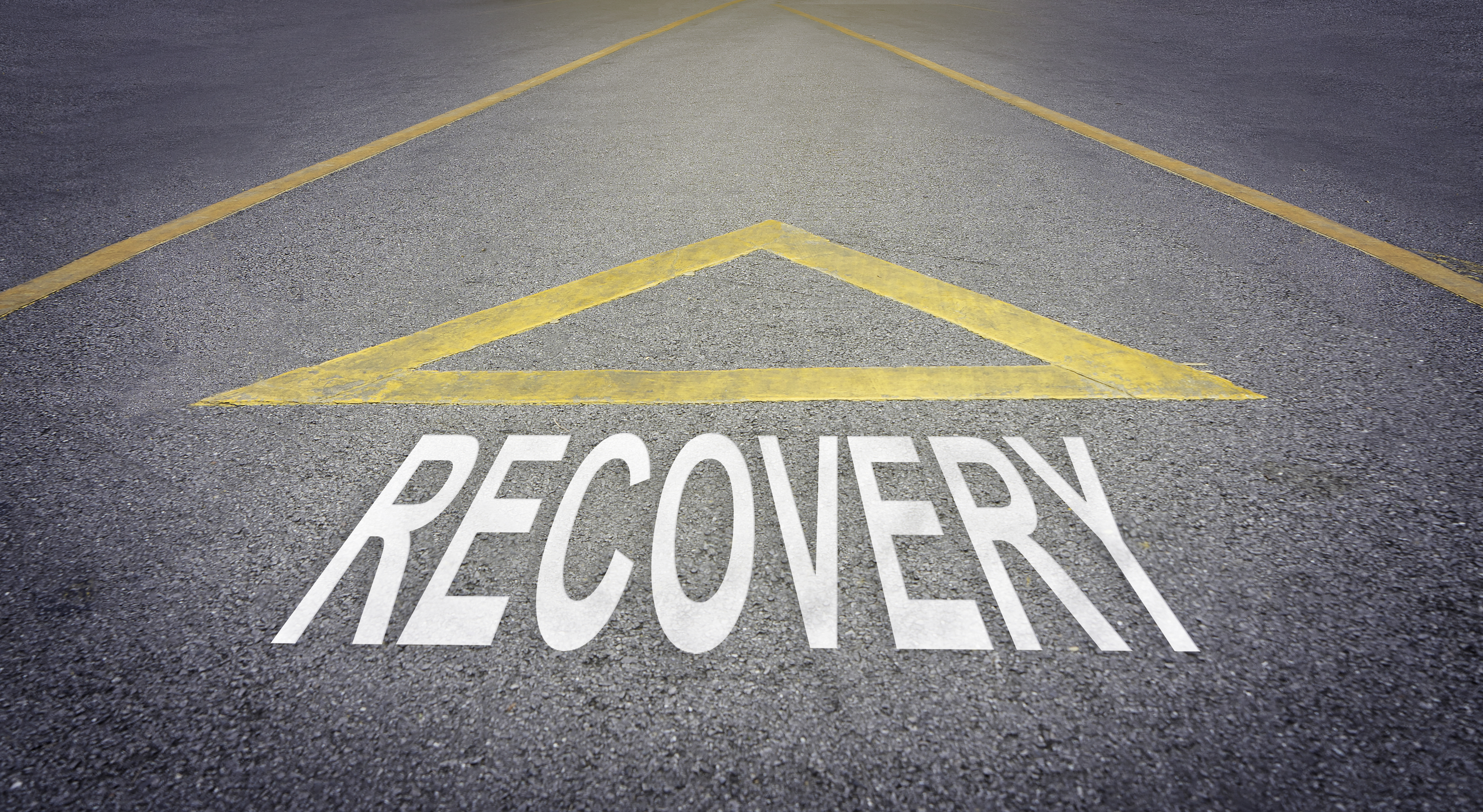Does Forced Addiction Treatment Work?
Addiction is a complex and progressive condition that has adverse effects on a person’s physical and psychological health. In many cases, drug and alcohol addiction causes severe strains on relationships, loss in employment and financial ruin. Sadly, there are instances where one’s substance abuse is so severe it puts their life and the lives of others in jeopardy. Because of this fact, many people consider forced addiction treatment for their loved ones.
While forced addiction treatment is an option, it is one that must be carefully considered before following through. This article will outline what forced addition treatment is, its legality, and if it is effective in helping addicts recover.
What is Forced Addiction Treatment?
Known commonly as involuntary commitment, forced treatment is an option that can be explored when an addict refuses to seek treatment on their own accord. This treatment option can be explored if the addict is in serious danger or harm. Also, it can be considered if the addict has threatening to harm themselves and others or already caused harm. Forced addiction treatment is an option if the addict is over that age of 18. The best option is to convince the addict to find professional help, but if they refuse this option may be put into play.
Is Forced Addiction Treatment Legal?
If you are thinking about forced addiction treatment for a loved one, you may wonder if it is legal. Before moving any further, you need to check state statutes to see if there are laws in place. For example, Ohio has Casey’s Lawallows parents, relatives, or friends to petition the court for treatment on behalf of an addicted individual over the age of 18. Similarly, Florida has the Marchman Actwhere spouses or relatives that understand the condition of the addicted person can petition the court for the addict’s care. If family members aren’t present, a petition to the court can be enacted by three people who have direct contact and understanding of the addict’s condition.
Does It Work?
Perhaps the biggest question surrounding forced addiction treatment is its effectiveness. In some instances, getting the addict out of harm’s way and into the safety and security of a treatment facility is a huge benefit. Being away from the stresses and temptations in their environment may allow them to step back and have clarity. Additionally, being in a comprehensive treatment program will give the addict the tools and support they need to overcome their addiction.
However, treatment is only effective if the addict is willing to accept it with all their heart and mind. Without the internal motivation, an addict’s stay in drug treatment will ultimately fail. Even if they find sobriety, it is often short-lived and when they relapse they are in a worst spot. If an addict has a co-occurring mental illness that is undiagnosed, conventional drug treatment programs will not be of benefit.
Call Drug Journal Rehab Program Today
You may feel that you are alone in trying to get an addicted loved one help. Fortunately, the help you need is a phone call away. When you call Drug Journal Rehab Program toll-free at 1-800-205-1201, you will receive the support and resources you need to provide the help you need to get your loved one better. Call today.

